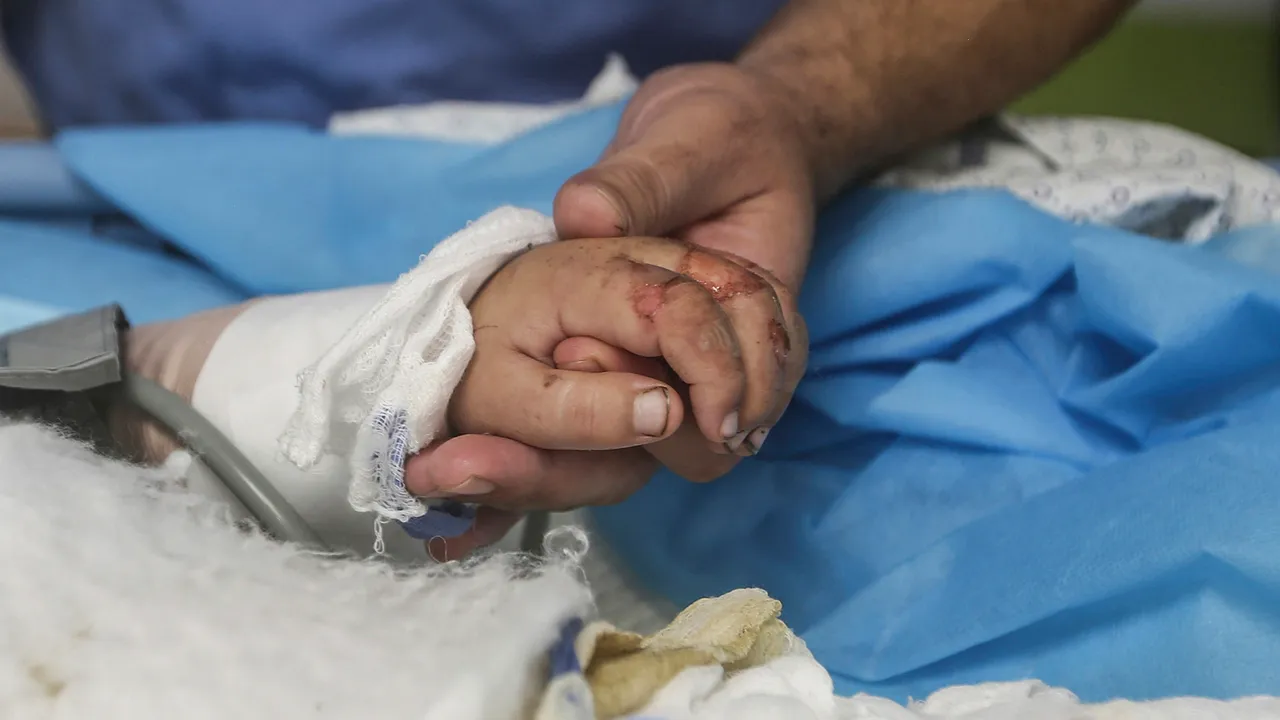Women and children are the main victims of the Gaza war, with some 16,000 killed and an estimated two mothers losing their lives every hour since Hamas’ surprise attack on Israel, the UN agency promoting gender equality said Friday.
As a result of the more than 100-day conflict, UN Women added, at least 3,000 women may have become widows and heads of households and at least 10,000 children may have lost their fathers.
In a report released Friday, the agency pointed to gender inequality and the burden on women fleeing the fighting with children and being displaced again and again.
Of the territory’s 2.3 million population, it said, 1.9 million are displaced, and “close to one million are women and girls” seeking shelter and safety.
UN Women’s executive director, Sima Bahous, said this is “a cruel inversion” of fighting during the 15 years before the Hamas attack on Oct. 7. Previously, she said, 67 percent of all civilians killed in Gaza and the West Bank were men and less than 14 percent were women.
She echoed UN Secretary-General Antonio Guterres’ calls for a humanitarian ceasefire and the immediate release of all hostages taken captive in Israel on Oct. 7.
“However much we mourn the situation of the women and girls of Gaza today, we will mourn further tomorrow without unrestricted humanitarian assistance and an end to the destruction and killing,” Bahous said in a statement accompanying the report.
“These women and girls are deprived of safety, medicine, health care, and shelter. They face imminent starvation and famine. Most of all they are deprived of hope and justice,” she said.
The health ministry in Hamas-run Gaza says nearly 25,000 Palestinians have been killed in the conflict, 70 percent of them women and children. The United Nations says more than a half million people in Gaza — a quarter of the population — are starving.

In Israel, around 1,200 people were killed during the Oct. 7 attack by Hamas that sparked the war, and some 250 people were taken hostage by militants.
More than 100 hostages are believed to still be held captive in Gaza.
Despite escalating hostilities in Gaza, the agency said women-led and women’s rights organizations continue to operate. It found that 83 percent of women’s organizations surveyed in the Gaza Strip are at least partially operational, mainly focusing on the emergency response to the war.
But UN Women said its analysis of funding from last year’s flash appeal for Gaza found that just 0.09 percent of funding went directly to national or local women’s rights organizations.
Bahous said there is a need for much more aid to get to Gaza, especially to women and children, and for an end to the war.
“This is a time for peace,” she said. “We owe this to all Israeli and Palestinian women and girls. This is not their conflict. They must no longer pay its price.”




